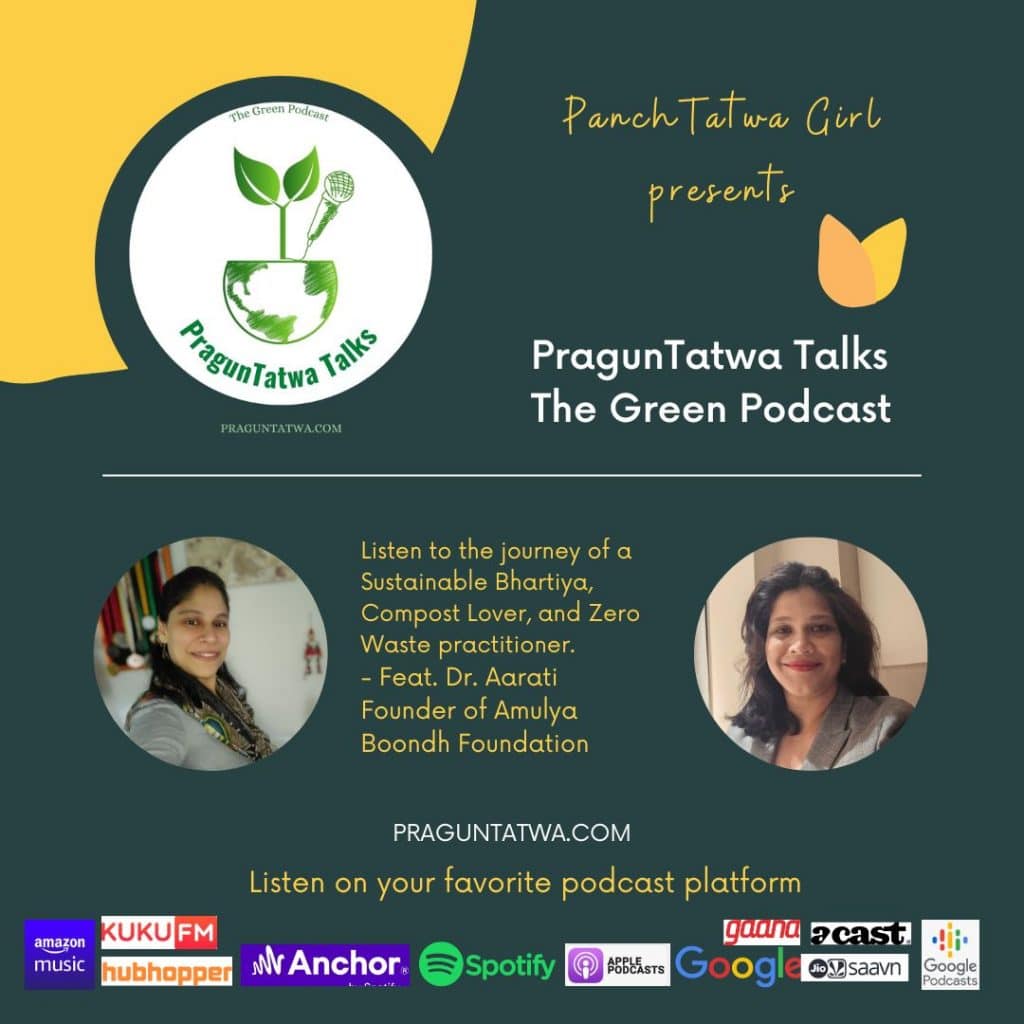Nature demands a gift for everything that it gives, so what we have to keep doing, is returning [leaves & compost materials] back to the soil, then we’re continuously giving the gifts to nature, because we have a return cycle.
Sustainability isn’t a destination – it’s a journey. Sustainability is a practice and an ethos for how we engage with the world; it’s not a series of rules or regulations. ’ Sustainability’ is a transition. It is a state that needs to constantly adapt to the world’s changing conditions and can’t actually be sustained as it is.
Sustainable activities refer to actions and practices that promote environmental, social, and economic well-being while conserving natural resources for future generations. These activities aim to minimize negative impacts on the planet and its ecosystems, fostering a more sustainable and resilient future.
Here are some examples of sustainable activities:
-
Renewable Energy: Investing in and using renewable energy sources such as solar, wind, hydroelectric, and geothermal power to reduce reliance on fossil fuels and lower greenhouse gas emissions.
-
Recycling and Waste Reduction: Promoting recycling programs and waste reduction initiatives to minimize the amount of waste sent to landfills and conserve valuable resources.
-
Sustainable Agriculture: Adopting farming practices that prioritize soil health, conserve water, and avoid the use of harmful chemicals, leading to more resilient ecosystems and healthier food production.
-
Eco-Friendly Transportation: Encouraging the use of public transportation, biking, walking, and electric vehicles to reduce carbon emissions from traditional fossil-fuel-powered vehicles.
-
Conservation and Biodiversity Protection: Supporting and participating in efforts to protect natural habitats, endangered species, and biodiversity.
-
Sustainable Building and Architecture: Constructing buildings and infrastructures using environmentally friendly materials and energy-efficient technologies to reduce resource consumption and emissions.
-
Water Conservation: Implementing water-saving measures at home and in businesses to conserve this precious resource and reduce overall water consumption.
-
Sustainable Tourism: Supporting eco-friendly and responsible tourism practices that respect local cultures, minimize environmental impacts, and promote community well-being.
-
Environmental Education and Advocacy: Raising awareness about sustainability issues and advocating for policies and practices that protect the environment.
-
Ethical Consumerism: Making informed and responsible choices as consumers by supporting products and services from companies that prioritize sustainability and social responsibility.
-
Reforestation and Afforestation: Planting trees and restoring forests to capture carbon dioxide, combat deforestation, and enhance biodiversity.
-
Green Initiatives in Business: Encouraging businesses to adopt sustainable practices in their operations, supply chains, and products.
-
Energy Efficiency: Implementing energy-saving measures in homes, businesses, and industries to reduce energy consumption and associated greenhouse gas emissions.
-
Community Gardening and Local Food Initiatives: Engaging in community gardening projects and supporting local food systems to reduce the environmental impact of food production and transportation.
-
Sustainable Water Management: Implementing practices to manage water resources effectively and efficiently, such as rainwater harvesting and water recycling.
By engaging in these sustainable activities, individuals, communities, and businesses can play a vital role in preserving the planet’s resources and creating a more sustainable future.
Amulya Boondh
Amulya Boondh Foundation (ABF) is a Private Not Profit Company incorporated in India on 24 July 2019 (Three years and 11 months old). Its registered office is in Belgaum, Karnataka, India.
Dr. Aarati is a founder of an NGO called Amulya Boondh Foundation. She is constantly working for Sustainable living practices, water conservation, and chemical-free living. On her Instagram and Facebook, she shares a lot of information about sustainable practices. She is a woman army handling numerous activities like composting, chemical-free living, rainwater harvesting, education, switching to reusables, awareness of organic farming, etc.
Amulya Boondh also has recycling programs, shramdaan activities, Various nature camps for the kids and women, DIY workshops, natural fertilizers, and homemade all-purpose cleaners provided to switch them to natural chemical-free living. They also have various interesting competitions like painting with a message for the kids, extempore for the older, and collage making for the grad students were held just to turn them to thinking about nature.
Their recent venture “patta” inspired by Mrs. Deodhar of Pune, wherein they collect dry leaves, use them, and donate the excess to the needy instead of burning has been given a lot of love. Side by side, they did not slow preaching sermons on saving the drip, slowing the flow, harvesting rain, recycling grey water, and the many small and big ways of conserving water.
Tatwa Talks
Listen to the episode on –
You tube
Spotify
Apple Podcast
Amazon Music
Google Podcast
Hubhopper
Spotify For Podcasters
JioSaavn
Radio Public
Gaana
Acast
Radio Public
Pocket Cast

More on Green Tatwa talks-
What’s more, Along with Eco-friendly discussions, I even share Positive stories of people bringing beautiful change to this world.Being Eco-Friendly is not a choice, make it a habit.
Without a doubt, sustainability is easier than you think. You don’t have to jump in by changing everything, start small to make the changes more eco-friendly, sustainable and a part of your daily life.

Leave a Reply